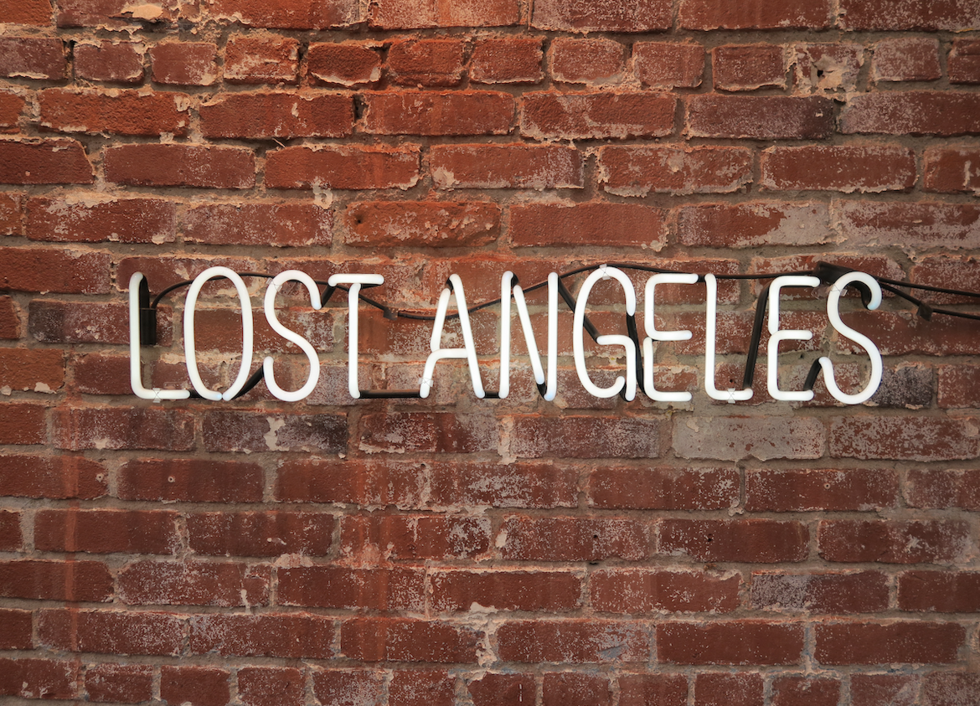The whiplash in LA continues as the city ventures to create plans and procedures for its anticipated phase 3 application window.
In the most recent REIR committee meeting in Los Angeles (March 5, 2019), city council issued its newest series of recommendations for the much anticipated Phase 3. After much back and forth, the city is now recommending that the next phase of licensing will allow for retail licenses to become available and type 9 non-storefront delivery licenses.
These recommendations request that the city attorney draft amendments to Section 104 of Article 4 of Chapter X of the LA Municipal Code to establish a 60 day period for the pre-vetting process for social equity applicants for retail commercial cannabis activity or closing 30 days after the council adopts the findings of the enhanced Social equity analysis, whichever is later. Pre-vetting includes verification or approval by the DCR of the following: basic Tier 1 or Tier 2 qualifications and indemnification.
Essentially the recommendations request that the city establish a two phase initial program for phase 3 type 10 storefront licenses for applicants, with the first window to last only 14 days starting after the DCR finalizes the verification of eligibility for applicants.
The first phase will include 100 licenses. 75% of the licenses will be reserved for tier 1 applicants and Phase 1 licenseholders are ineligible as applicants. The first 100 applicants that meet all basic qualifications as determined by the DCR shall be eligible for processing. They must meet several basic qualifications mostly related to the property they will be occupying such as a lease and proof of payment.
The second phase “will begin at the discretion of DCR… and will include 100 additional licenses with no established priority between Tier 1 and Tier 2 applicants.
Although the Department of Cannabis Regulations (DCR) originally recommended 1) excluding phase 2 applicants from applying for the delivery pilot program and 2) switching from first come first served processing to a lottery based system, the City Council rejected those recommendations and explicitly stated that, not only does phase qualify for type 9 licenses, they will be allowed to add the activity it at the time of annual licensure! You can read the previous DCR recommendations re: Phase 3 here.
During the city’s hearing on DCR’s above recommendations, a motion was circulated that further indicated the city’s direction for moving forward. Specifically, City Council drafted and submitted a request to the City Attorney and DCR to draft an ordinance reflecting specific changes that they wanted to see in the local ordinance.
Notably, therein, the city recommended that the DCR grant Temporary Approval to a Phase 3 storefront retail license applicant after DCR recommends that the Commission issue the applicant a license. This means that immediately upon winning a license, they will be able to apply for a state license and, after procuring an annual license, they will be able to open up shop prior to building and safety inspections. This will come with a hefty indemnification contract with the city.
Additionally, the city is attempting to deal with what has been termed “the golden handcuffs rule” where, under the current ordinance, social equity operators are required to stay in their business or sell to another social equity qualified owner indefinitely. Although this sounds like it promotes the social equity program in theory, it actually severely limits the licenseholder in their opportunities in this exciting new industry. If the recommendation gets codified it would amend LAMC Section 104.20(i)(9) to state that after the term of a Social Equity Agreement is completed, a Tier 1 or Tier 2 Social Equity Applicant license holder may only transfer control or ownership of a License after first providing the other ownership interests in the business the right of first refusal to buy, at market-rate.
Moreover, in that hearing, City Council instructed DCR to provide within 2 weeks an updated map online that shows the capacity left in each community planning area for Phase 3 applicants. (This will prove very helpful in terms of searching for and securing real estate.)
As Phase 3 continues to develop, the DCR and City Council has stressed that the foundation of LA’s cannabis licensing relies heavily on their Social Equity Program. Along those lines, the City Council is asking for additional social equity analysis recommendations for Phase 3 Storefront Retail processing and Non-storefront Retail processing. Specifically, the Council has directed the DCR to look to similar Social Equity platforms, like that in the City of San Francisco, to further develop LA’s Social Equity Program. LA is also looking into expanding Social Equity “disproportionately affected areas” to San Fernando Valley, Boyle Heights, and Downtown Los Angeles and has requested that the DCR draft language to suspend any Phase 3 processing until this enhanced Social Equity analysis is completed.
Special Note on Delivery: By the Spring 2019, DCR expects that its application processing capacity will only be large enough to handle a limited number of delivery applications. As such, DCR proposed a delivery pilot program in which it will process 40 Tier 1 or Tier 2 applications and 20 non-social equity applications (to adhere to the 2:1 ratio). The city will process all applications on a first come first served method, and nonsocial equity applications in the first come, first served method. The most recent recommendations also state that a phase 3 applicant who met all the basic requirements but did not win a license will receive some sort of priority for a type 9 delivery license.
Although we’d like to report to you the final rules, it looks like there are a lot of changes to come, specifically with our next phase of licensing and applications.
Manzuri Law will continue to give you updates as the progress.
Disclaimer: This article has been prepared and published for informational purposes only and is not offered, nor should be construed, as legal advice.
Related Links:

